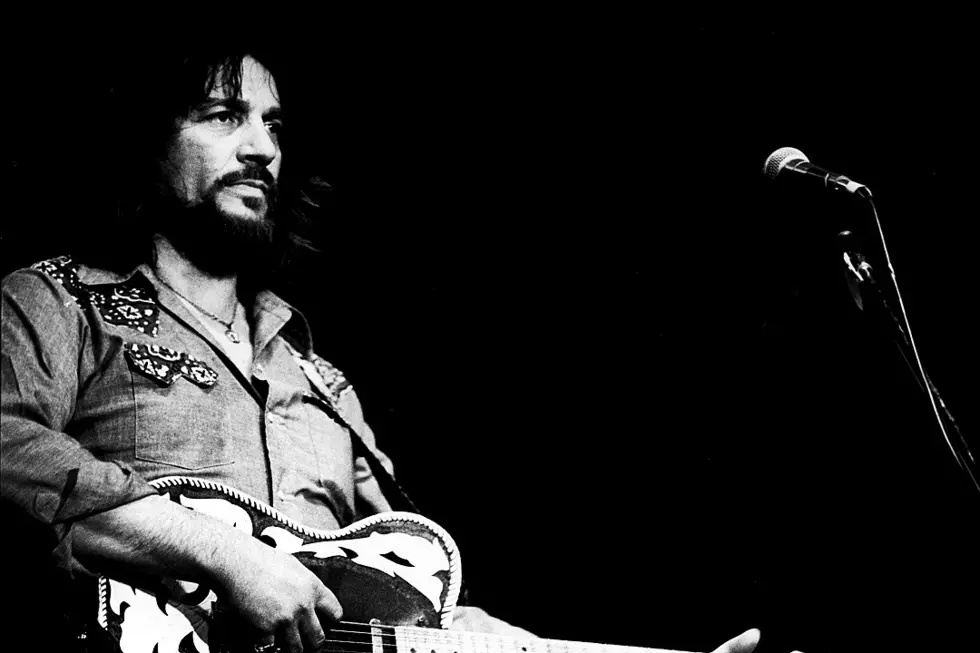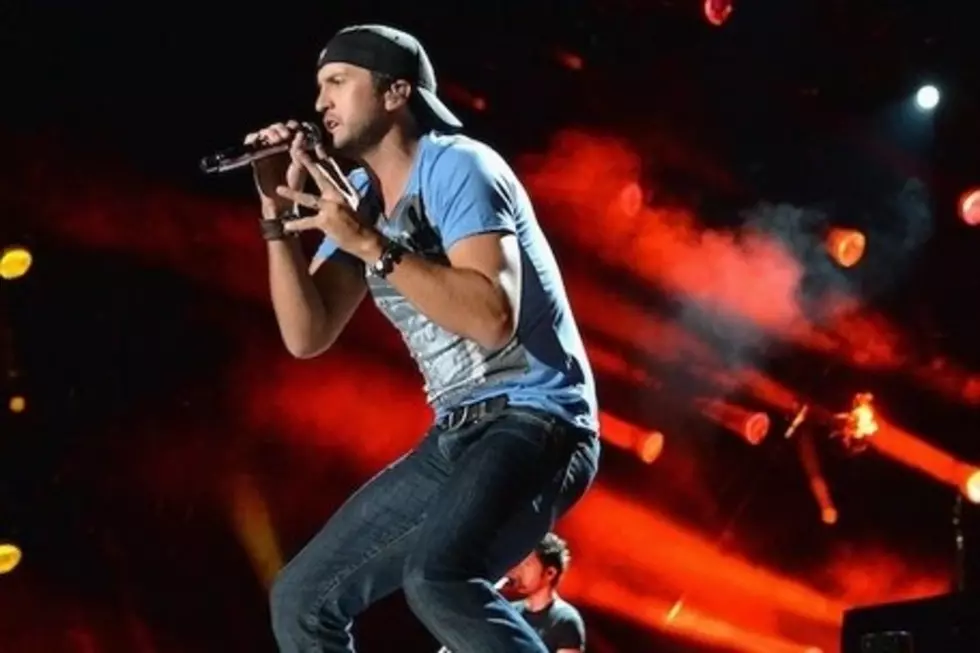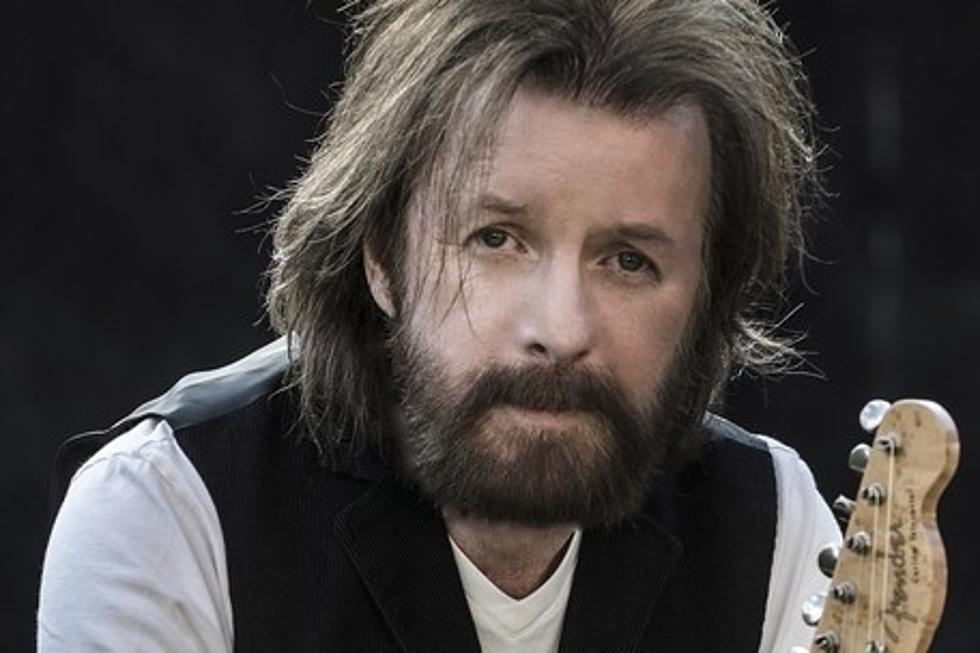
Willie Nelson Opens Up About Music, Marriages and Marijuana
 Throughout his career, Willie Nelson has dedicated himself to helping others, literally giving his own time and money to raise millions of dollars for small farmers through Farm Aid, as well as victims of natural disasters, war and AIDS. His was a tough and unpromising childhood, growing up dirt-poor in Abbott, Texas. He remembers clearly how he felt at six years old, when he would be paid to carry out garbage from the school cafeteria to help pay for his and his sister's lunches. "It wasn't humiliating," says the now-iconic entertainer. "Nobody else had anything to speak of in Abbott. I don't remember ever going hungry."
Throughout his career, Willie Nelson has dedicated himself to helping others, literally giving his own time and money to raise millions of dollars for small farmers through Farm Aid, as well as victims of natural disasters, war and AIDS. His was a tough and unpromising childhood, growing up dirt-poor in Abbott, Texas. He remembers clearly how he felt at six years old, when he would be paid to carry out garbage from the school cafeteria to help pay for his and his sister's lunches. "It wasn't humiliating," says the now-iconic entertainer. "Nobody else had anything to speak of in Abbott. I don't remember ever going hungry."
Still touring 200 days a year at age 77, Willie Nelson is simply a magnificent American phenomenon that has only grown bigger and more beloved with time. He spoke to Parade magazine about his musical beginnings, what compels him to help others, and why his fourth marriage has lasted nearly 20 years.
On what first made him want to make music as a child: "Since I was a kid, music was what I wanted to do. I thought I could make it by my own talents. That's what I wanted to prove. When I was about 12, I had my first paying gig -- $8 to play rhythm guitar in a polka band. Pretty soon, I ended up playing in all the bars within driving distance of Abbott, Texas."
On what making music came to mean to him over the years: "I started it in 1973 to bring together different kinds of people, and that's still what we do. It's people drinking beer, smoking pot and finding out that they have things in common and don't really hate each other. Music gives people a chance to enjoy something together."
On how he sees country music in its most simple form: "A lot of country music is sad. I think most art comes out of poverty and hard times. It applies to music. Three chords and the truth -- that's what a country song is. There is a lot of heartache in the world."
On people and why he is so often moved to help those in need: "Anybody can be unhappy. We can all be hurt. You don't have to be poor to need something or somebody. Rednecks, hippies, misfits -- we're all the same. Gay or straight? So what? It doesn't matter to me. We have to be concerned about other people, regardless. I don't like seeing anybody treated unfairly. It sticks in my craw. I hold on to the values from my childhood."
On why he's grateful to have been raised by his grandparents: "I was six months old and my sister Bobbie was three years old when my parents divorced and gave us to my grandparents. I have no anger about my parents. They did us a favor. My grandparents were very reliable Christian people who gave us a good raising."
On how he learned to pick cotton with his grandmother at two years old: "I was too young to pick, so I'd ride on her sack. She'd pull me on it, picking cotton,filling it up, making me a soft bed to ride on. The sack would start out empty, and before the morning was out, there would be 60, 70 pounds of cotton in it. Then, still just a little bitty kid, I got old enough to pull my own sack. As I got older, the sacks got bigger."
On why his fourth marriage has worked for 19 years: "I now understand a lot more than I did. I'm not easy to live with. I'm pretty temperamental. I've been used to doing things my own way for so long that I'm not interested in any suggestions. There was friction with my other wives. But it seems like Annie and I did OK with each other. It takes a special person to live with me."
On pride for his family: "I've got great wives, great kids, great grandkids. My sons, Micah and Lukas, are doing well. (Jacob Micah, 20, and Lukas Autry, 21, are his children with Annie). Micah's at college and has a band, the Reflectables. Lukas has a band, too, the Promise of Real. Lukas has opened for Bob Dylan and B.B. King, so he's doing really well. He's also opened for me a few times, and he will again."
On why he supports marijuana and strongly opposes hard drugs like meth and cocaine: "Legalize weed. It's 50% of what's causing the problems along the border with the drug cartels. A lot of people who sell it want to keep it illegal because that's where the money is. The cartels are now in hundreds of our cities, growing and selling weed. Legalize it, and it would stop all that immediately. There are many bands that are not here anymore because of the drugs and alcohol. I know a lot of singers who have ruined their careers drinking and drugging."
On life after death: "Death is not the ending of anything. I believe all of us are only energy that becomes matter. When the matter goes away, the energy still exists. You can't destroy it. It never dies. It manifests itself somewhere else. We are never alone. Even by ourselves, we are not alone. Death is just a door opening to somewhere else. Someday we'll know what that door opens to. I believe that. I really do."
More From TheBoot









